Times Video Game Endings Were Changed
Prince of Persia (2008)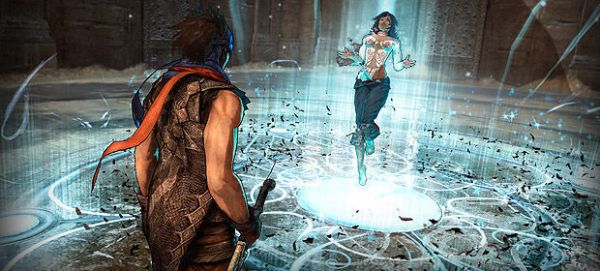
Prince of Persia sees players controlling the Prince for the entirety of the game as he and Princess Elika attempt to stop a scourge of darkness from taking over the world. They do so by healing corrupted areas, but after healing each area, it’s clear that there is more to be done.
To fully defeat this darkness, the dark god had to be sealed off in his temple and the only way to do that was with a sacrifice. That’s why in the game’s final hours, Princess Elika sacrifices her life to seal the temple.
The Prince can’t deal with losing the love of his life and succumbs to temptation from the dark god, who promises to bring Elika back to life if he releases him from the tomb. The Prince does so and the game’s credits begin to roll as the Prince carries Elika’s unconscious body out of the tomb, with darkness seemingly on its way to take over what’s left of Persia.
Many fans enjoyed this ending and many did not — the community seems quite split. What would Elika think of this decision when she wakes up? Why would the Prince doom the world to eternal darkness? What happens next?
These are all questions answered by the game’s epilogue, which was released as DLC roughly a year later. It showed the Prince and Elika once again attempting to defeat the dark god and naturally, they do.
While the ending of Prince of Persia did remain intact, its impact on players was lessened thanks to the epilogue DLC. What was originally a dark and ambiguous ending that catalyzed a lot of conversation within the community was transformed into a cookie-cutter, good-guy-defeats-bad-guy ending that nobody cares to talk about today.
Times Video Game Endings Were Changed
Portal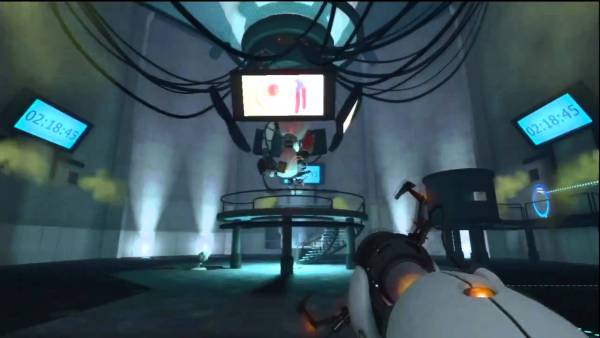
The first Portal ended with a shot of Chell seemingly safe from GLaDOS and Aperture. What happens next with her is unknown, though, as the game fades to black.
When Portal 2 was announced, it was clear that Chell was back in the clutches of GLaDOS and Aperture, but how exactly? Valve being Valve, slyly answered that question by a sneak update to the original Portal’s ending.
This is interesting because before fan backlash could even occur — who knows if this backlash would have ever come — Valve slipped in an ending to Portal that justified Chell’s return in Portal 2.
This new ending saw the game fade to black just a few seconds later than in the original ending. During those extra few seconds, we hear what sounds like an Aperture robot move toward Chell and begin dragging her backward, seemingly back to the labs of Aperture.
At the time, it was unknown what came next, but if you’ve played Portal 2, you know Aperture is exactly where Chell finds herself once again.
Times Video Game Endings Were Changed
Fallout 3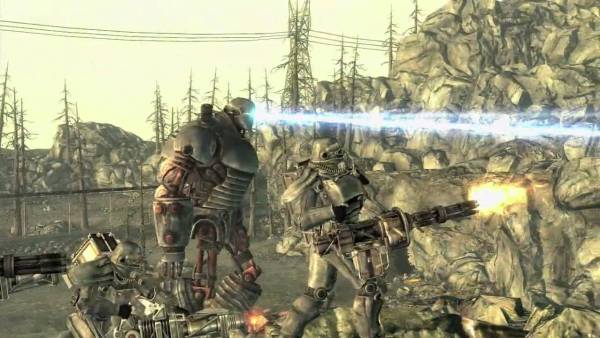
Imagine spending hundreds of hours with a character you created from the ground up. You decided how they looked, how they spoke to others, how they reacted to things, what their stats were like and more.
Now imagine that after a mission in a game with your character, they are killed with no way to bring them back to life.
That’s Fallout 3, or at least, what it was before the Broken Steel DLC.
In Fallout 3, the game ends with you potentially sacrificing yourself (while this is a choice, it wasn’t obvious what the effects would be). Unless you have a save from before this final mission, there’s no way for you to continue your journey in the Capital Wasteland with your character.
Rightfully so, the community behind Fallout 3 was up in arms and still is today. After all, many of them had spent dozens and dozens of hours with this character and now, no matter how badly they wanted to continue that journey, they couldn’t.
Bethesda understood this reaction and released the Broken Steel DLC which saw your character either resurrected or, if you play the final mission, decide to sacrifice one of their teammates instead, preventing the chance of your character dying in the first place. While it would have been nice to be able to continue playing with this character from the jump (rather than waiting months for the DLC to release), Bethesda made the right call here.
Times Video Game Endings Were Changed
Assassin’s Creed Odyssey: Shadow Heritage DLC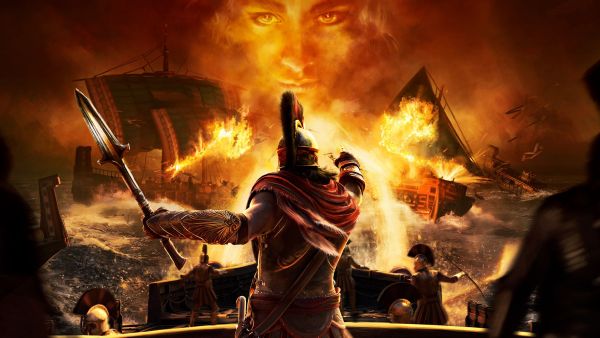
You’ve likely heard about this DLC and how it ended recently because when it was released earlier this month, it caught a lot of airwaves, and rightfully so.
For those unaware, Assassin’s Creed Odyssey, the newest iteration in the long-running franchise, prided itself on allowing players to morph their Kassandra or Alexios into whomever they wished them to be and in a lot of ways too, including sexuality. Featuring multiple potential partners to romance, the player could decide completely who Alexios and Kassandra romanced.
For many players, this meant only engaging in romance with NPCs of the same sex, for some the opposite and for some, a mix. Regardless of how you romanced in the base game, though, the Shadow Heritage DLC would force your character to engage in a romance with a character of the opposite sex so that a child could be made and born.
You can see the problem there, right? If someone’s Kassandra only engaged in romance with other women, all of a sudden, they were forced into a relationship with a male, which betrays that version of Kassandra.
Beyond the sexuality aspect, this decision also forced players into a romance they had no control over. What if they didn’t want to be in this relationship? What if they didn’t want to have a child?
Fortunately, Ubisoft apologized and said a fix is on the way. So, while this ending still stands, a change is coming that Ubisoft said will rectify this situation.
Times Video Game Endings Were Changed
Mass Effect 3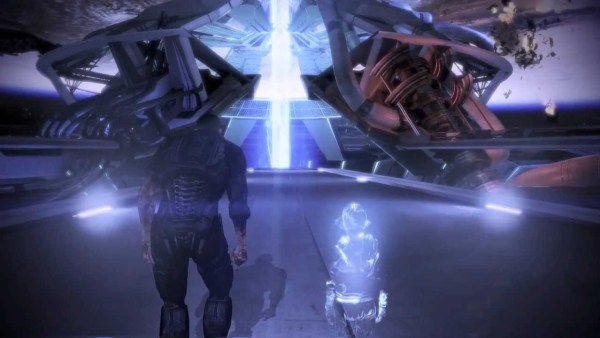
You knew this was coming.
Ahhhh Mass Effect 3’s ending. What else is there to say that hasn’t already been said?
Mass Effect is a part of a particular set of Western RPGs that BioWare largely owns that sees players make choices throughout a game’s story that play out on a grand scale. Mass Effect 3 was no different — choices you made directly impacted the way the game played out, at least until the ending.
In a game defined by dozens and dozens of choices, the ending of Mass Effect 3 consisted of a choice with three options that largely had the same effect, with some minute differences in dialogue and a different color hue.
You’d think the pinnacle choice in a series about choices would matter right, more? You’d be wrong to think that. Furthermore, the final choice in Mass Effect 3 destroys everything you’ve built as Commander Shepherd throughout these three games due in part to the destruction of the galaxy’s mass relays.
Those relays are how Shepherd and everyone else in the galaxy traveled from planet to planet in seconds. With them destroyed, the galaxy you worked so hard to save is no longer united. In fact, most are isolated from all they knew before as they have no means of traveling that far any longer.
This ending left such a bad mouth in players’ mouths that BioWare delivered DLC that sought to fix the ending. While it didn’t fix every problem, it provided the much-needed closure players desired after completing Mass Effect 3.
Despite that DLC, though, Mass Effect 3 will remain infamous in the conversation of botched video game endings. Do you think it should or is it time to move on?
Let us know what you think in the comments below! Are there any endings we missed? Let us know!

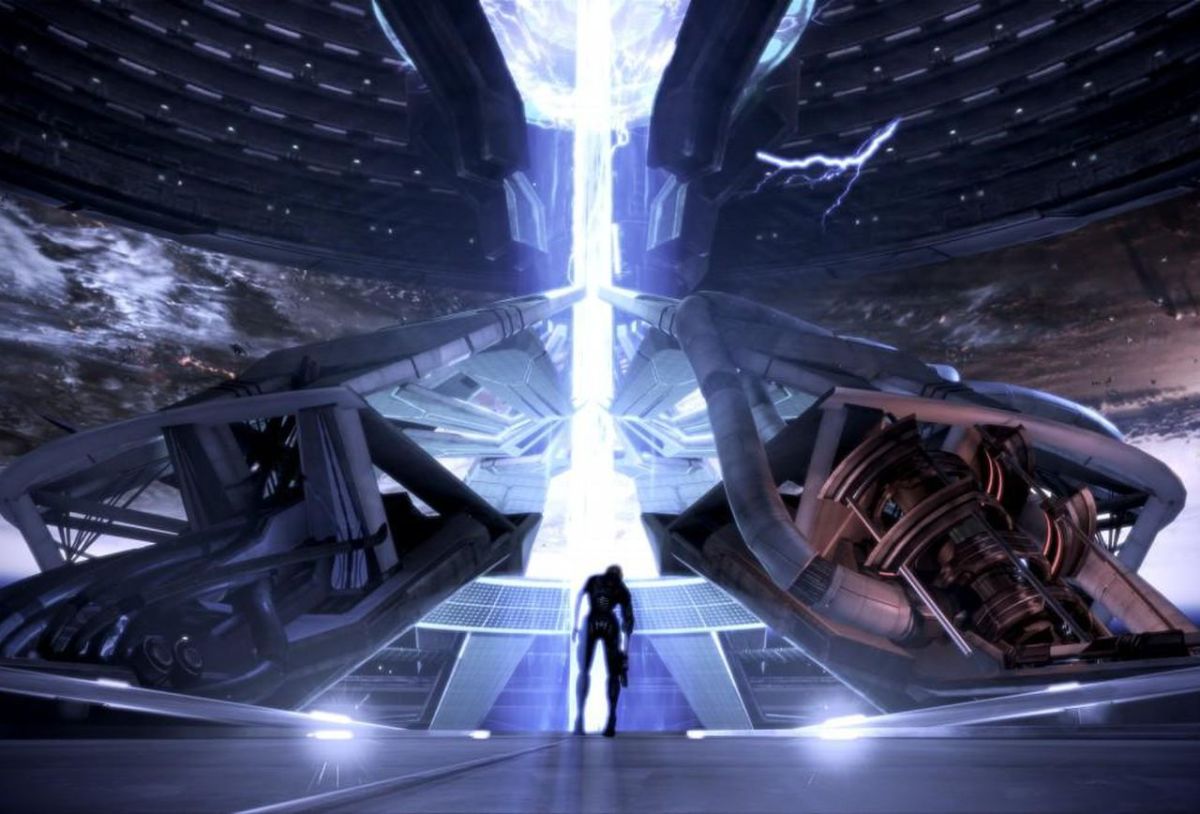











Updated: Feb 25, 2019 02:52 pm